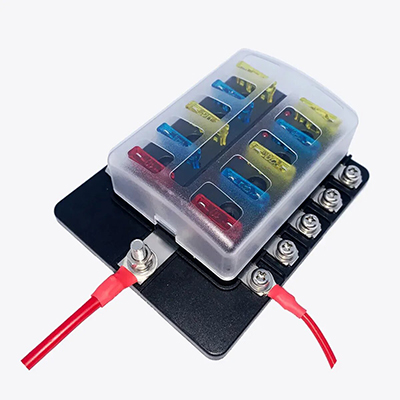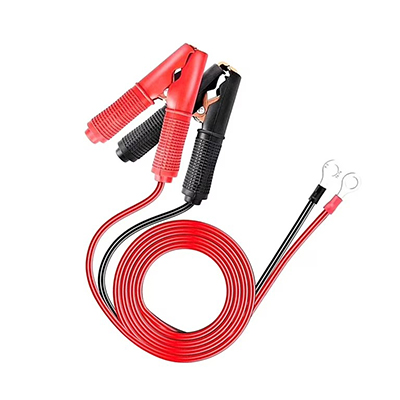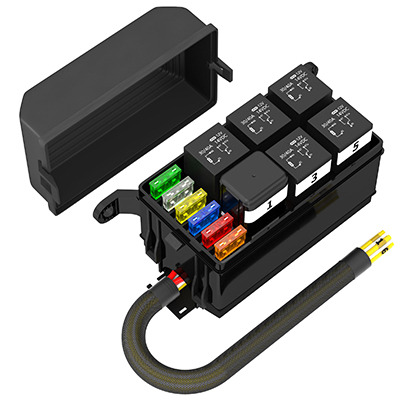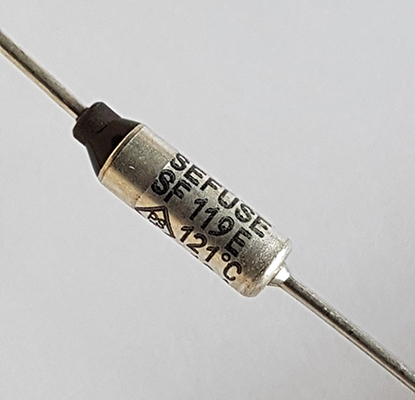Reliable Fuse Protection for Remote Control Marine Hobby Crafts
News 2025-10-20
Fuse boxes play a critical role in safeguarding remote control boats and marine hobby crafts by preventing electrical overloads and short circuits. These components are essential for hobbyists who demand reliable performance in dynamic water environments. By integrating fuse boxes, enthusiasts can protect sensitive electronics like motors, batteries, and control systems from potential damage caused by power surges or faults. This not only extends the lifespan of the equipment but also ensures safer operation during high-speed maneuvers or prolonged use. Understanding the integration of fuse boxes can significantly enhance the reliability and enjoyment of marine RC activities.

Diverse Application Scenarios
In remote control boating, fuse boxes find extensive use across various models, including speedboats, sailboats, and submarines. For instance, in high-performance speedboats, they protect the propulsion systems from excessive current draws during acceleration. In sailboat designs, fuse boxes safeguard navigation lights and servo mechanisms against voltage spikes induced by wave action. Marine hobby crafts often operate in harsh conditions, making fuse boxes indispensable for applications involving waterproof enclosures and battery management systems. This versatility ensures that whether in competitive racing or leisurely pond sailing, fuse boxes maintain circuit integrity and operational safety.
Key Performance Advantages
Fuse boxes offer superior protection through fast-acting fuses that interrupt circuits within milliseconds of detecting an overload, minimizing damage to components. Their compact and durable construction allows for easy integration into space-constrained RC designs, while corrosion-resistant materials ensure longevity in saltwater environments. Additionally, these systems provide precise current rating options, enabling users to match fuse specifications to specific device requirements for optimal performance. This results in reduced downtime and maintenance costs, making fuse boxes a smart investment for enhancing the efficiency and safety of remote control marine crafts.
Practical Installation and Maintenance
Installing a fuse box involves selecting a model that fits the craft’s voltage and current needs, typically mounted near the battery or power distribution hub. Secure connections with insulated wiring prevent moisture ingress, crucial for marine applications. Regular maintenance includes inspecting fuses for signs of wear and ensuring the box is sealed against water. Choosing reputable brands with certified components guarantees compatibility and reliability. Proper setup not only boosts performance but also adheres to safety standards, allowing hobbyists to focus on their passion without technical concerns.
Frequently Asked Questions
1. What is the main function of a fuse box in RC boats?
It protects electrical circuits by breaking the connection during overloads or shorts, preventing damage to motors and other components.
2. How do I determine the correct fuse rating for my marine craft?
Assess the maximum current draw of your devices and select a fuse rating slightly higher to avoid nuisance tripping while ensuring adequate protection.
3. Can fuse boxes withstand water exposure in marine environments?
Many models are designed with waterproof seals and corrosion-resistant materials, but always check specifications to confirm suitability for submersion or spray conditions.


